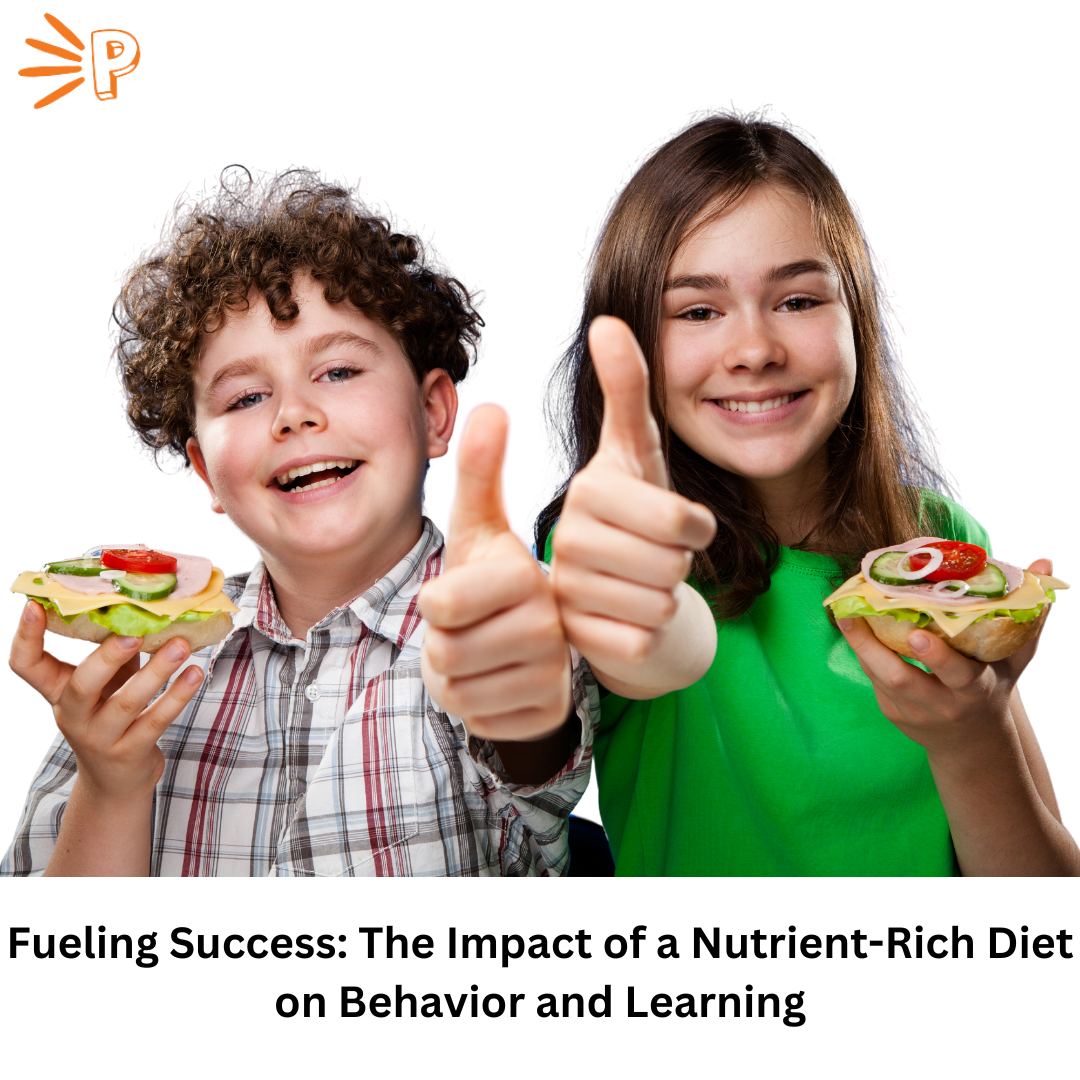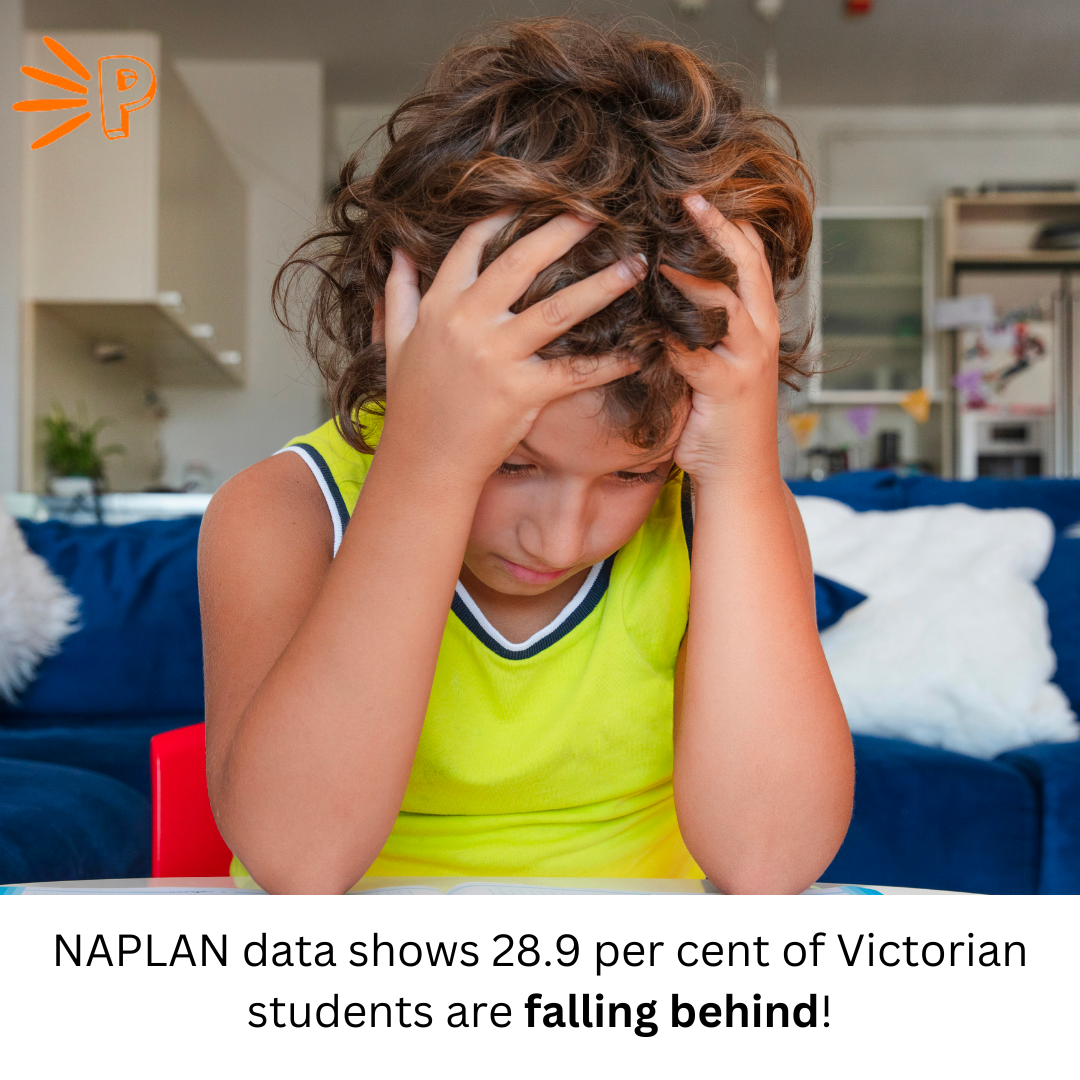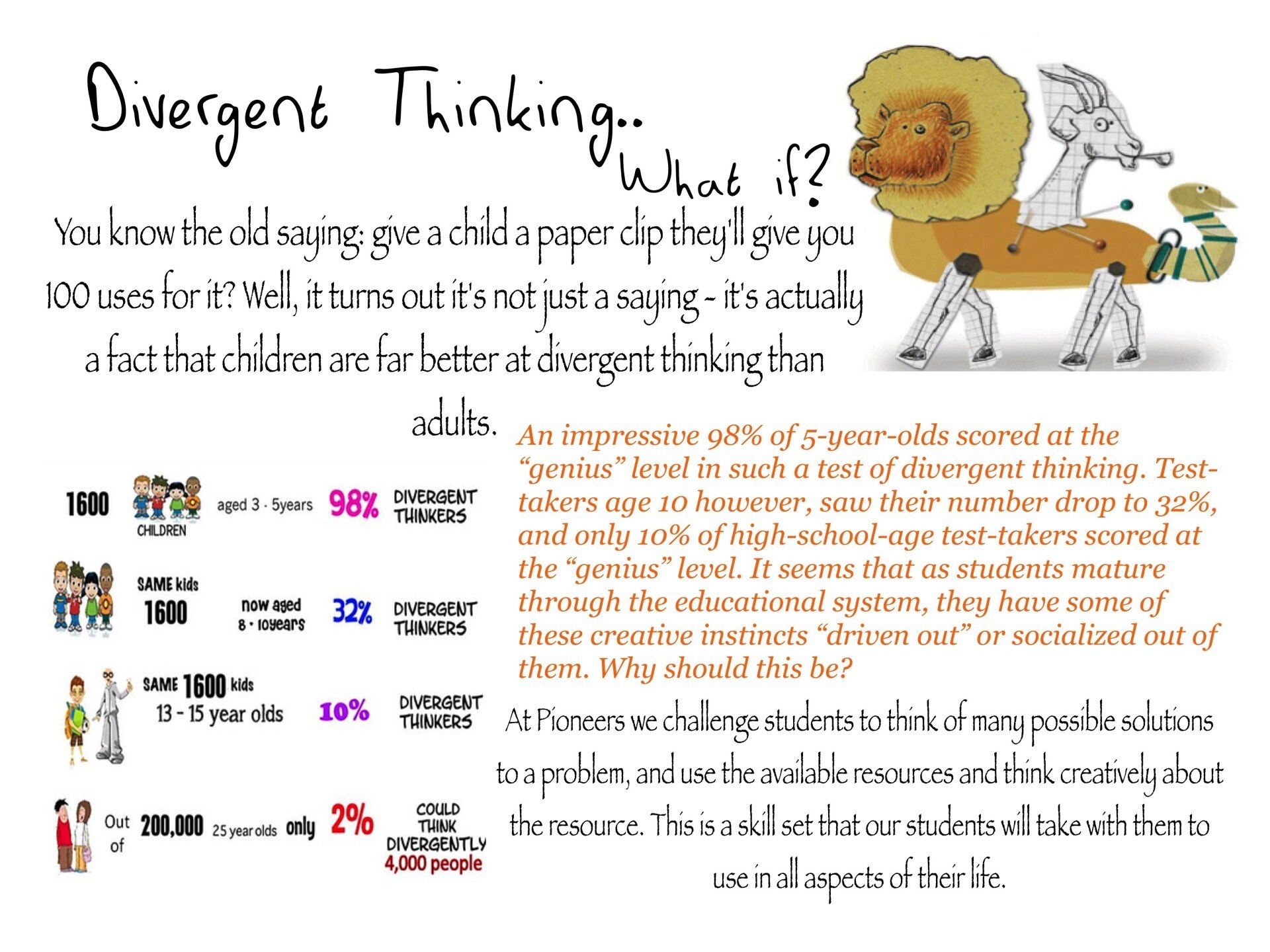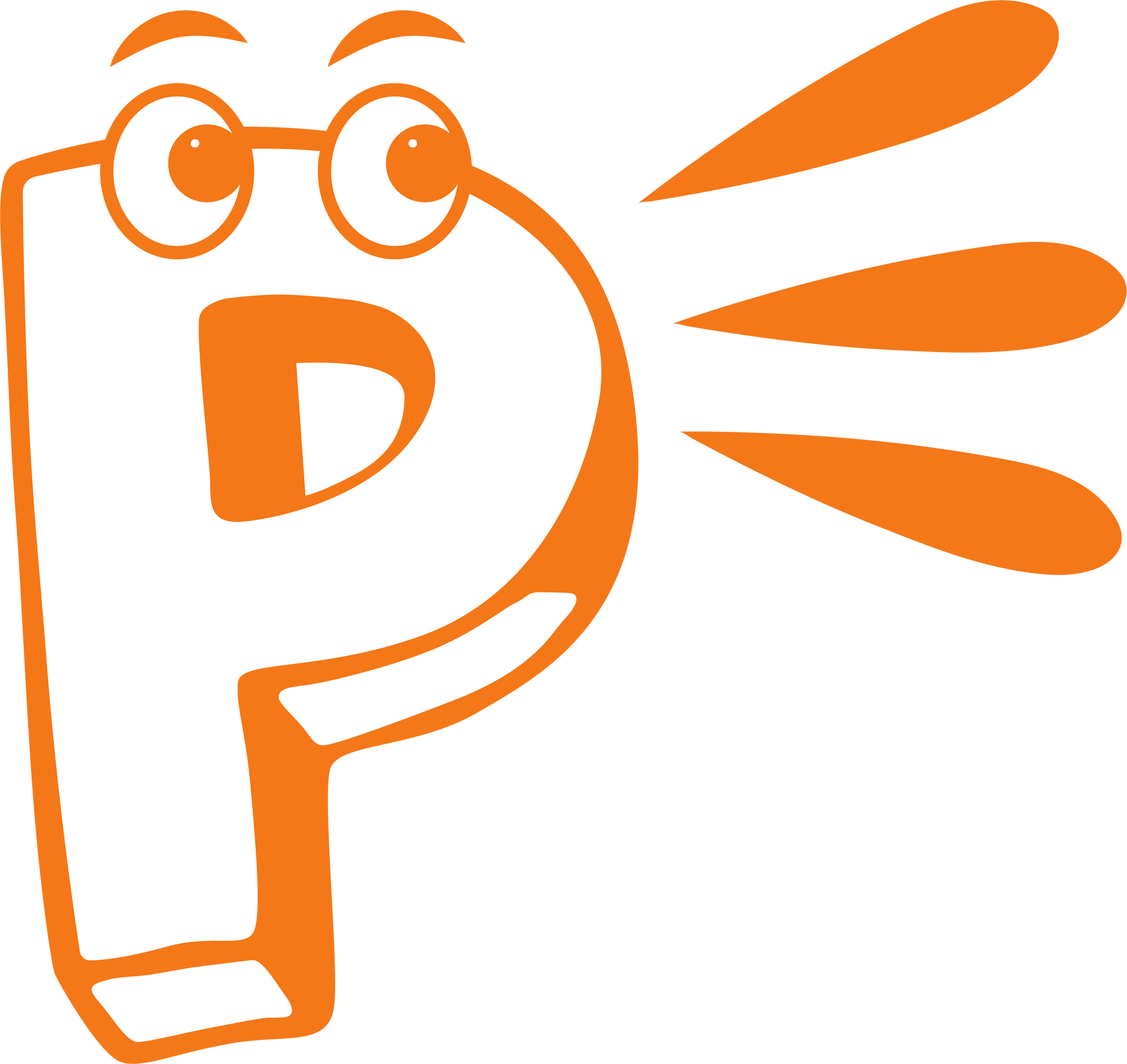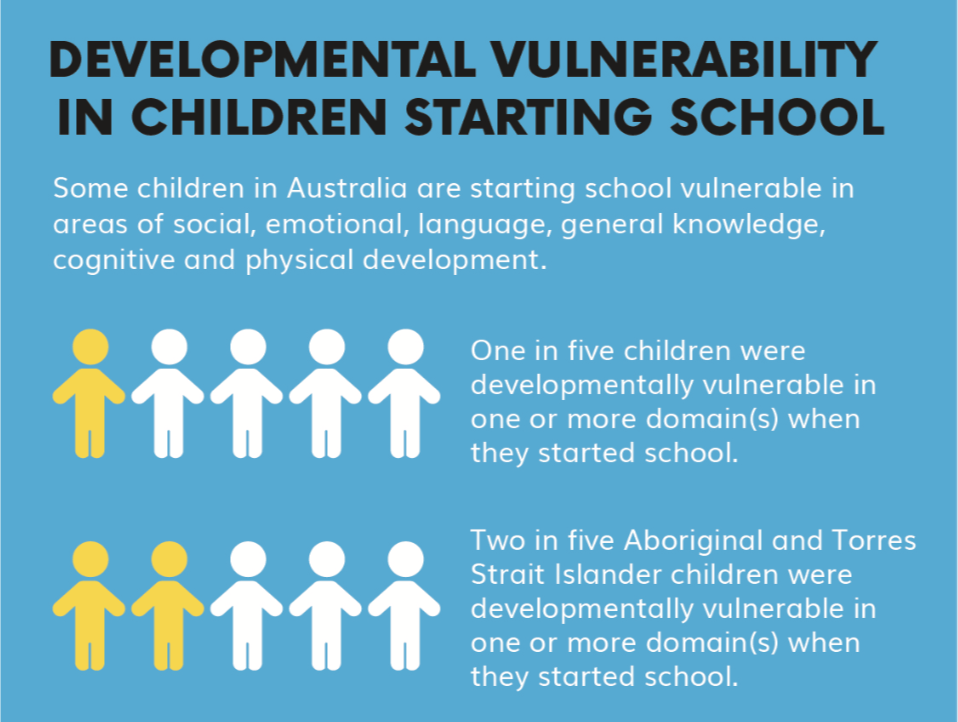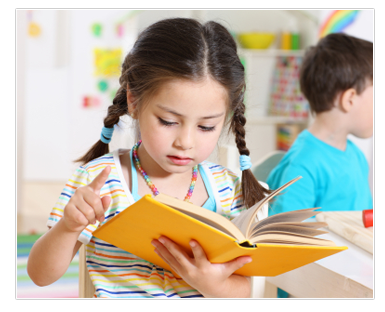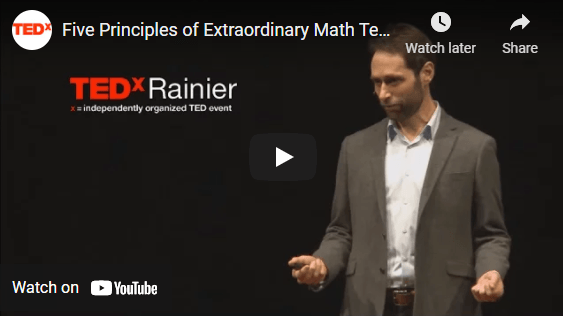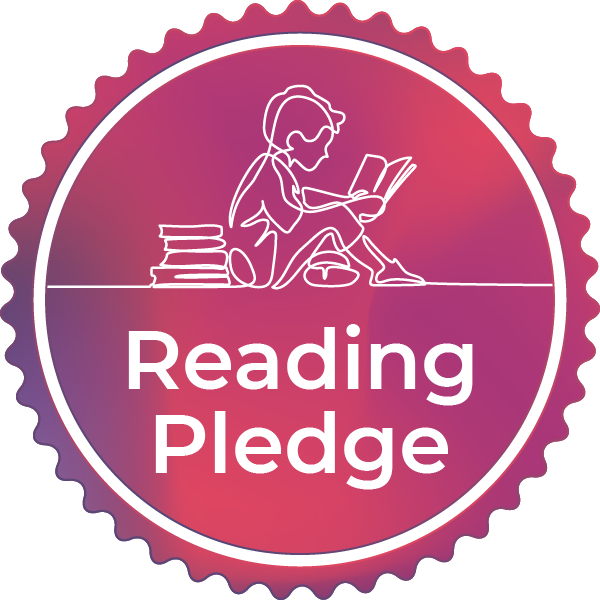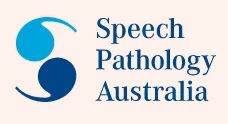Mathematics or Arithmetic? Teaching maths to kids!
Mathematics and Arithmetic? What is the difference? Why do they matter to your child's learning?
Mathematics: is a whole subject which involves number, algebra, geometry, measurement and data analysis. It consists of the study of relationships and patterns.
Arithmetic: the part within mathematics that deals predominantly with subtraction, multiplication, division and addition. Arithmetic is about numbers.
Understanding the difference is essential for anyone teaching children. If you were to look at teaching Maths from an arithmetic viewpoint, you would be concerned with explaining each operation as it's own; for example, teaching addition in its own time using strategies that relate to addition. However, if you have a viewpoint of teaching Mathematics from a mathematical perspective, you begin to realise the importance that relationships have. We start to acknowledge the importance of teaching number relationships between subtraction and addition: 1+2=3 use these facts to help you with subtraction 3-1=2.
I teach from a holistic viewpoint. Children need to recognise recurring ideas and relationships that present themselves throughout maths as a whole. Then we move into the area of 'Mathematical thinkers', the ability of students to think and create with mathematical ideas to solve problems, including those of the real world, e.g. working out percentages at a toy sale!
When we refer to mathematics, we are referring to the ability to identify patterns and relationships — a fundamental building block for children to grasp in primary school. I always say to my students "you don't have to have the answer, but see what you can use, of which you already understand to help get you from point A to point B. At that moment I see 'the 'light-bulb' moment, and there is where potential shines through!
